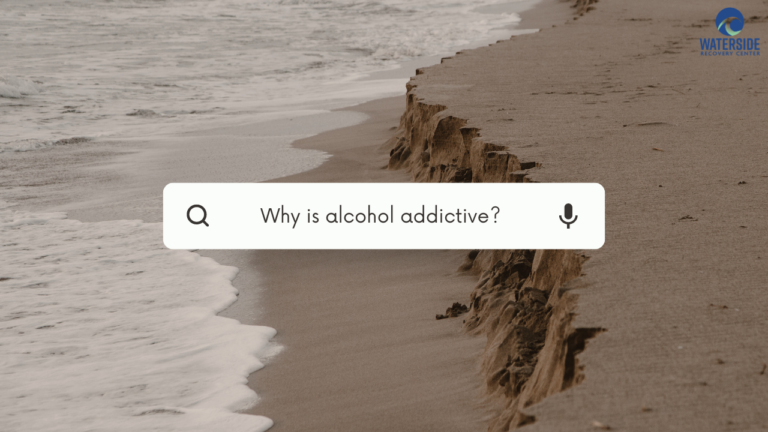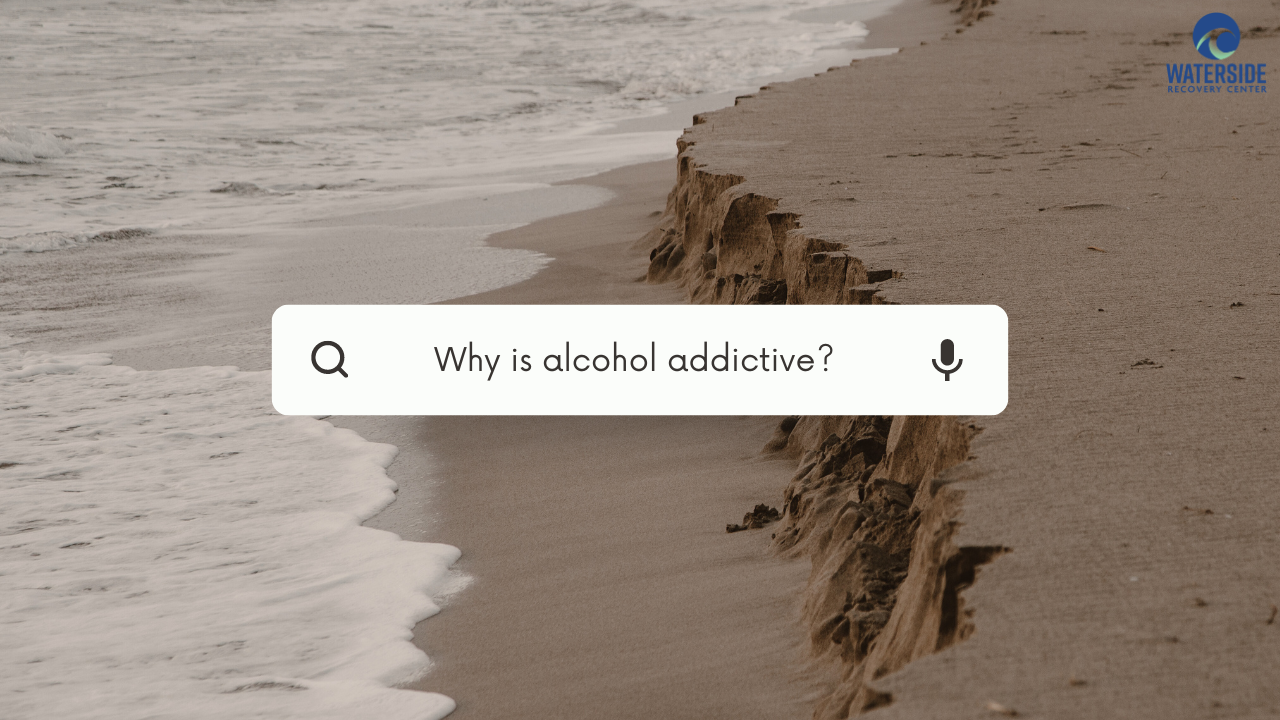
Why is Alcohol Addictive: Uncovering the Science of Addiction
Alcohol addiction, commonly known as alcohol use disorder, is a condition characterized by an uncontrollable need to consume alcohol despite the negative consequences it may have on a person’s health, social life, and overall wellbeing. Scientific research has identified various factors that contribute to the development of addiction, including genetics, psychological conditions, and social influences. The addictive nature of alcohol is partly due to its ability to stimulate the release of dopamine, a neurotransmitter associated with the brain’s reward system, which creates feelings of pleasure and reinforces drinking behavior.
Understanding the biological mechanisms behind alcohol addiction reveals how repeated exposure to alcohol alters brain chemistry, leading to changes in behavior and physical dependency. The brain’s adaptation to the presence of alcohol can dull its response to other sources of pleasure, causing individuals to prioritize alcohol consumption over other activities. Additionally, when alcohol is not present, withdrawal symptoms may occur as the body has become accustomed to its influence.
These processes are complex and can differ from person to person, indicating why some individuals may become addicted while others do not. Factors such as the amount and frequency of alcohol consumption, the age at which drinking began, and the presence of co-occurring mental health disorders like depression or anxiety can all play a role in the risk of developing alcohol addiction. Addressing alcohol addiction requires a comprehensive approach that includes medical intervention, counseling, and support systems.
The Science of Addiction
Understanding addiction involves examining the specific ways substances interact with the brain. Alcohol influences the brain’s reward system and alters the release of neurotransmitters that regulate emotions and behavior.
Role of Dopamine
Dopamine is a neurotransmitter associated with pleasure and reward. When a person consumes alcohol, their brain releases dopamine, reinforcing behaviors by providing a sense of enjoyment and satisfaction. Over time, repeated alcohol use can lead to increased dopamine signal reliance, making it challenging for individuals to experience pleasure from other activities.
- Dopamine Release: Triggered by alcohol consumption.
- Pleasure and Reward Association: Strengthened with repeated use.
Alcohol and the Brain Reward System
The brain reward system is a group of structures activated by rewarding stimuli. Alcohol consumption leads to acute activation of this system, encouraging repeat behavior to achieve similar pleasurable effects. Chronic alcohol use can result in adaptions in this system, decreasing its sensitivity and requiring more alcohol to attain the same dopamine release.
- Brain Reward System Activation: Immediate effect of alcohol on the brain.
- Sensitivity Reduction: Long-term effect requiring higher amounts of alcohol.
Factors Contributing to Alcohol Addictiveness
Alcohol addiction can arise from various factors. The intricacies of genetics and the influence of one’s environment play significant roles in the development of addictive behaviors.
Genetic Predisposition
Research indicates that genetic factors contribute to approximately half of the risk for alcohol dependency. Certain genetic profiles exhibit a higher likelihood of alcohol misuse and subsequent addiction. For example, variations in genes responsible for the metabolism of alcohol, such as ALDH2 and ADH1B, can affect an individual’s susceptibility to addiction.
Social and Environmental Influences
The social and environmental context in which an individual lives greatly influences the risk of alcohol addiction. Examples include:
- Availability of Alcohol: Easy access to alcohol increases the chances of substance abuse.
- Cultural Norms: Societies that normalize or encourage alcohol consumption may inadvertently foster higher rates of addiction.
- Stress and Trauma: Experiences of significant stress or trauma often correlate with higher alcohol consumption and potential addiction.
Physical Dependency and Withdrawal
Physical dependency on alcohol arises from prolonged and excessive consumption, which alters normal bodily functions. As the body adapts to the presence of alcohol, it begins to require the substance to operate effectively.
Tolerance Development
Tolerance occurs when an individual’s body becomes accustomed to the effects of alcohol over time. They need to increase alcohol intake to achieve the same physical and psychological effects that they previously experienced with smaller amounts. This escalation in consumption can accelerate the process of developing a physical dependency.
- Initial Stage: The body starts to require more alcohol for the same effect.
- Advanced Stage: Significantly higher amounts of alcohol are needed, further reinforcing the cycle of dependency.
Withdrawal Symptoms
When an individual with physical dependency on alcohol abruptly stops or reduces intake, they may experience withdrawal symptoms. These symptoms can be both physical and emotional, and their severity can range from mild to life-threatening.
- Physical Symptoms: These can include shaking, sweating, nausea, and headaches.
- Emotional Symptoms: Mood swings, irritability, anxiety, and depression are common.
- Severe Cases: In extreme situations, withdrawal can lead to seizures, hallucinations, or delirium tremens (DTs).
The onset of withdrawal symptoms reinforces the cycle of alcohol addiction, as individuals may drink again to alleviate these uncomfortable or dangerous effects.
Psychological Aspects of Addiction
Addiction to alcohol involves complex psychological factors. The following subsections examine how emotional triggers and the use of alcohol as a coping mechanism contribute to the development and sustenance of addiction.
Emotional Triggers
Individuals may associate the consumption of alcohol with various emotional states. For instance, alcohol might be consumed during moments of stress or celebration. This association can turn into a trigger, where certain emotions or situations prompt a strong urge to drink.
- Stress: A common trigger that leads to alcohol consumption as a means to relax.
- Happiness: Associating alcohol with positive events can create a pattern of drinking during celebrations or achievements.
Coping Mechanism
Alcohol can also serve as a coping mechanism for dealing with negative emotions or psychological distress. People may use alcohol to:
- Temporarily dull or escape from emotional pain or anxiety.
- Enhance social interactions, reducing feelings of social anxiety or awkwardness.
It is important to note that the use of alcohol as a coping mechanism can contribute to a cycle of dependence and addiction, as individuals may start to rely on alcohol more heavily to manage their emotions.
Additional information on Alcohol`s Effects on Health can be found on the National Institute on Alcohol Abuse and Alcoholism.
At Waterside Recovery Centers we pride ourselves on providing the top addiction treatment in Massachusetts. With a range of evidence-based, client-focused and individualized treatment offerings, we are able to provide the ideal support for those seeking recovery from substance addiction. Please feel free to reach out to our help line at anytime.
(866)671-8620




